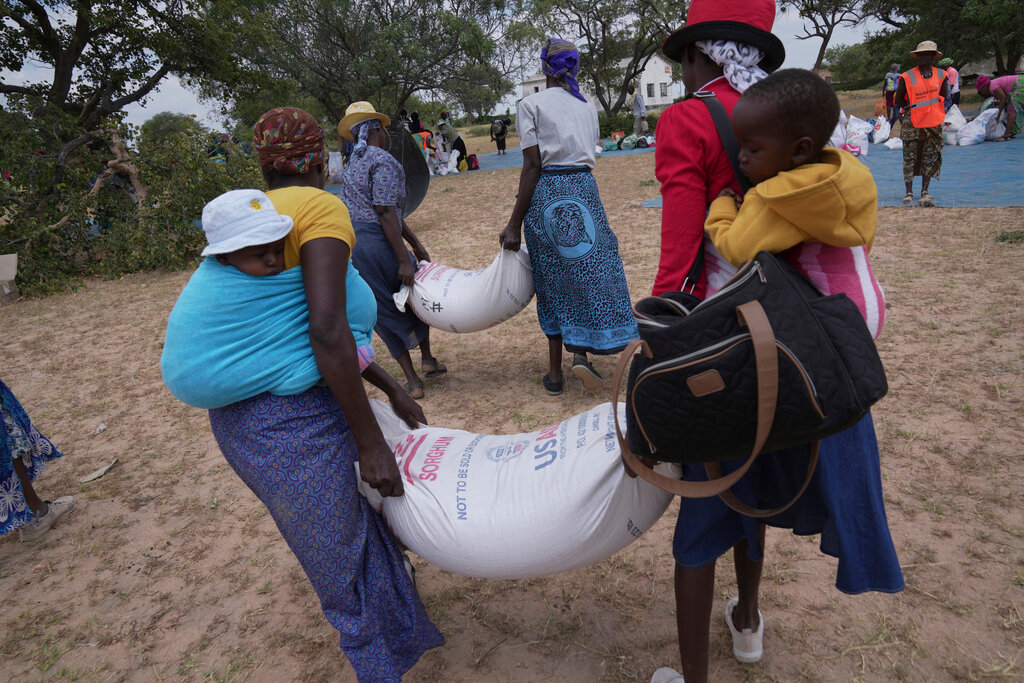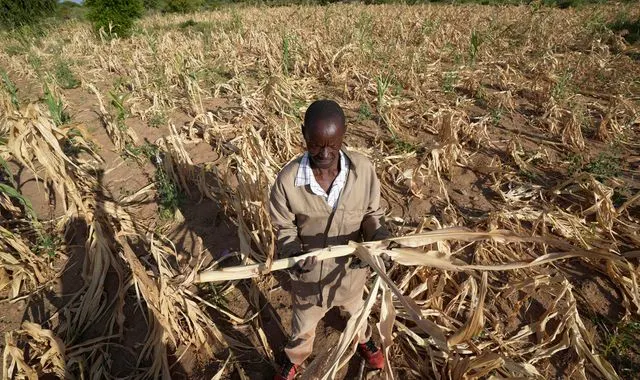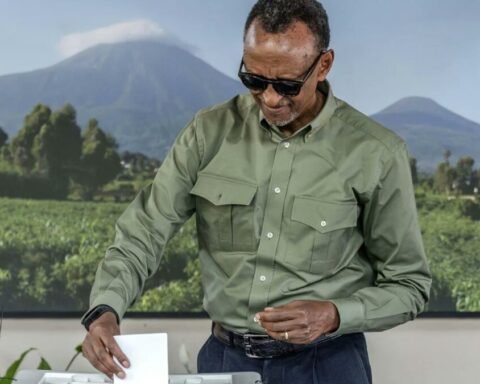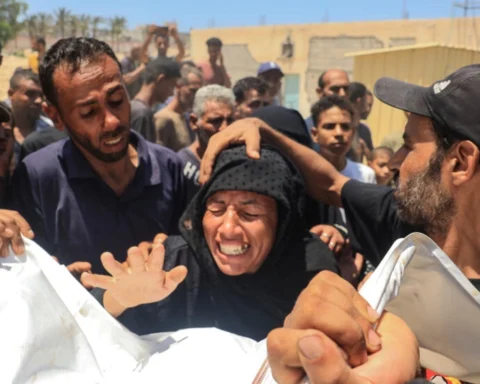Zimbabwe has aligned with Zambia and Malawi in announcing a state of disaster in response to a crippling drought that is engulfing much of southern Africa. President Emmerson Mnangagwa declared the emergency during a speech on Wednesday, urging for two billion dollars (£1.6bn) in humanitarian aid. He stated that over 80% of the country had experienced “below-normal rainfall” due to an “El Nino -induced drought”.

El Nino, a naturally occurring climatic phenomenon that periodically warms parts of the Pacific Ocean every two to seven years, typically leads to below-average rainfall in southern Africa. However, this year’s drought is the most severe in decades, exacerbated by human-induced climate change, according to experts.
The delayed onset of the rainy season, coupled with overall low rainfall, has devastated harvests across large swathes of southern Africa, leaving millions of people in dire need of food assistance, as highlighted by humanitarian groups.
In Malawi, an estimated nine million people have been affected by the drought, while in Zambia, over six million are facing its impacts, according to UNICEF. Both countries declared a state of emergency last month.
President Mnangagwa emphasized that the primary focus of Zimbabwe’s government, which is home to more than 15 million people, is to ensure food security for all citizens. He stressed, “No Zimbabwean should suffer from or perish due to hunger.” Appealing to United Nations agencies, local businesses, and faith organizations, he urged them to contribute towards humanitarian aid efforts.
Aid groups estimate that approximately 2.7 million people in Zimbabwe are at risk of hunger. El Nino, Spanish for ‘the Christ Child’, refers to a warming of the ocean surface, or above-average sea surface temperatures, in the central and eastern tropical Pacific Ocean. During El Nino episodes, the normal patterns of tropical precipitation and atmospheric circulation are disrupted, triggering extreme climate events worldwide, such as droughts, floods, and influencing the intensity and frequency of hurricanes.








